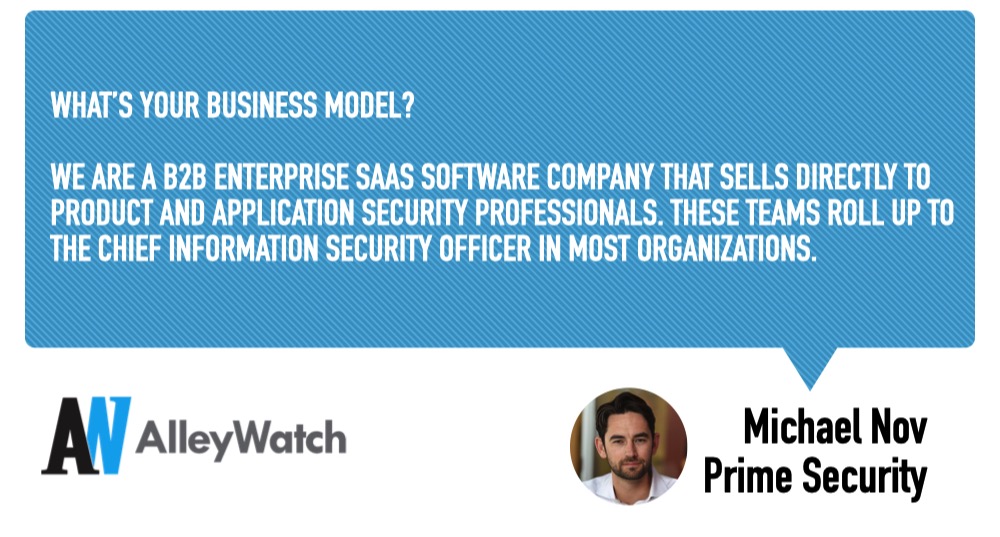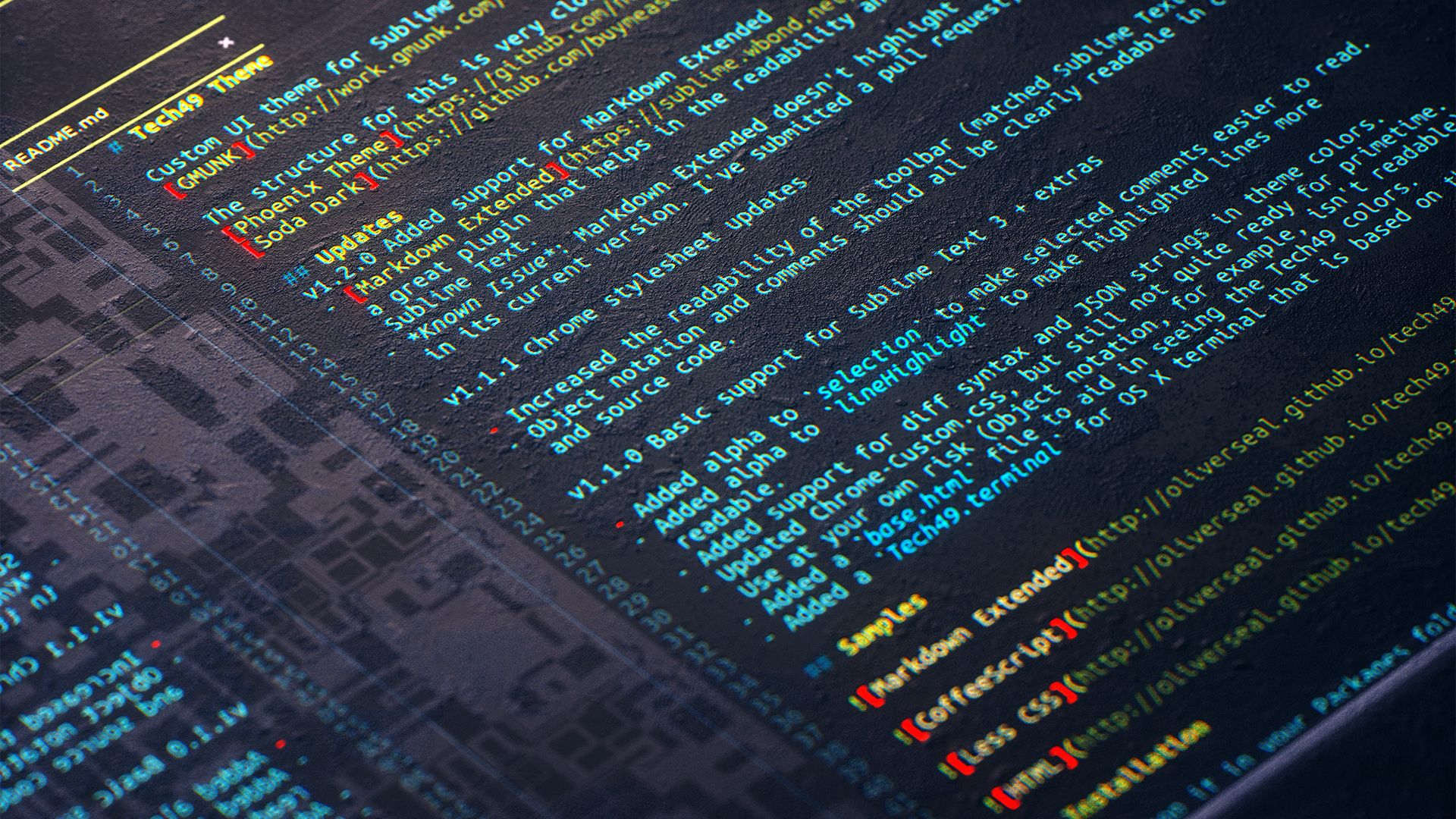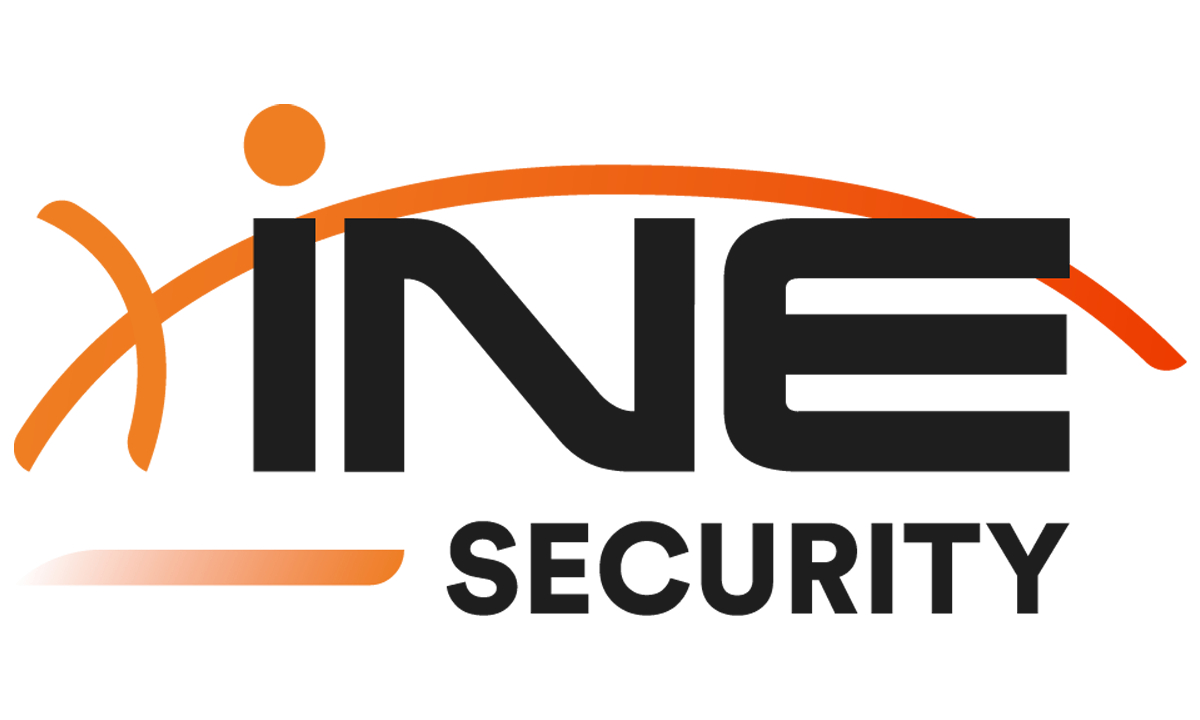#application-security
#application-security
[ follow ]
#devsecops
Information security
fromHackernoon
2 years agoFrom Repos to Risks: How Hardcoded Secrets in GitHub Source Code Create Security Risks | HackerNoon
Hardcoded secrets in source code expose organizations to significant security risks, necessitating greater awareness and secure practices in development environments.
fromTNW | Data-Security
2 weeks agoBelgian cybersecurity startup Aikido becomes unicorn
Aikido's core proposition is rooted in the conviction that traditional application security tools have not kept pace with the rapid evolution of software development. Modern engineering teams ship code more frequently, and the widespread adoption of AI tools for coding has heightened both velocity and risk. Legacy scanners and point solutions can generate noise and distract developers, rather than offering actionable insights at the right moment.
Venture
fromNew Relic
1 month agoNew Relic Security RX is now Generally Available
Security RX App treats application security as a runtime reality, not a static to-do list. Gone are the days of sifting through thousands of alerts for vulnerabilities in code that is not even in production: Security RX Focus on what matters first: Automatically filter out vulnerabilities in libraries sitting in a repo undeployed, so you can easily fix what's live first.
Information security
fromComputerworld
2 months agoHow to implement Zero Trust effectively amid rising cyber threats
The Zero Trust security market is expected to be worth $88.8bn by 2030, at a compound annual growth rate of just over 16%. And this investment is urgent: according to research, 98% of CISOs expect cyber attacks to increase over the next three years. These attacks can have huge consequences: US financial services firm Equifax incurred $1.4bn in settlements after a single vulnerability in a web application was exploited by hackers.
Information security
fromRubyflow
3 months agoBeskar - Rails Security Engine for the Paranoid (vibe-coded during SOC 2 audits)
Beskar is a Rails engine that fills that gap with layered protection: WAF that detects vulnerability scanning patterns (WordPress, config files, path traversal) Impossible travel detection using geolocation and Haversine calculations Smart rate limiting that identifies attack patterns (brute force, credential stuffing, distributed attacks) Risk-based account locking with automatic responses Persistent IP banning with escalating durations Installation is deliberately simple - drop it in your Gemfile, run the installer, add one line to your User model. Runs in monitor-only mode by default so you can tune thresholds before blocking real traffic.
fromTheregister
4 months agoAI code assistants improve production of security problems
AI-assisted developers produced three to four times more code than their unassisted peers, but also generated ten times more security issues. "Security issues" here doesn't mean exploitable vulnerabilities; rather, it covers a broad set of application risks, including added open source dependencies, insecure code patterns, exposed secrets, and cloud misconfigurations. As of June 2025, AI-generated code had introduced over 10,000 new "security findings" per month in Apiiro's repository data set, representing a 10x increase from December 2024, the biz said.
Artificial intelligence
fromThe Hacker News
5 months agoWebinar: Why Top Teams Are Prioritizing Code-to-Cloud Mapping in Our 2025 AppSec
But hidden in there is a tiny flaw that explodes into a huge problem once it hits the cloud. Next thing you know, hackers are in, and your company is dealing with a mess that costs millions. Scary, right? In 2025, the average data breach hits businesses with a whopping $4.44 million bill globally. And guess what? A big chunk of these headaches comes from app security slip-ups, like web attacks that snag credentials and wreak havoc.
Information security
fromInfoWorld
5 months agoBroadcom and Canonical expand partnership, promising accelerated innovation
"Canonical is the number-one Cloud OS provider in the market with the Ubuntu containers, and VMware by Broadcom, with our VCF Foundation, is the number-one private cloud platform," said Prashanth Shenoy, VP of product marketing, VMware Cloud Foundation (VCF) division of Broadcom, during a media briefing. "So those two organizations coming together really helps our customers build Kubernetes-based modern applications."
Software development
Node JS
fromThe NodeSource Blog - Node.js Tutorials, Guides, and Updates
5 months agoLower Cloud Bills, Faster MTTR, Stronger Security: One Platform for Node.js
N|Sentinel uses AI-driven, context-rich diagnostics and actionable code generation to resolve Node.js performance and security issues in minutes, greatly reducing resolution time and costs.
Ruby on Rails
fromAmazon Web Services
7 months agoSecure your Express application APIs in minutes with Amazon Verified Permissions | Amazon Web Services
Amazon Verified Permissions introduces a new open-source package that simplifies external fine-grained authorization for Express.js applications, enhancing security and reducing code complexity.
Information security
fromSecuritymagazine
8 months agoMore than 40% of Fintech Breaches Linked to Third-Party Vendors
Fintech companies show strong cybersecurity scores but face significant vulnerabilities from third-party risk.
Application security weaknesses are prevalent in the fintech sector, exposing firms to breaches.
Information security
fromThe Hacker News
9 months agoNew Research Reveals: 95% of AppSec Fixes Don't Reduce Risk
Most application security alerts are unnecessary, causing more harm than good for organizations.
Application security has become inefficient, with teams overwhelmed by irrelevant alerts.
Improving application security requires a shift from mere detection to meaningful context.
Software development
fromDevOps.com
9 months agoReport: Bulk of Application Vulnerabilities Don't Require Immediate Attention - DevOps.com
Most security alerts are informational, with only a small fraction needing immediate attention.
Context-based prioritization can drastically reduce the number of alerts developers need to address.
Many critical vulnerabilities are either minimally exploitable or related to dependencies, making remediation difficult.
The use of AI in coding is contributing to developers ignoring security alerts.
[ Load more ]
















